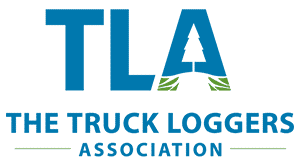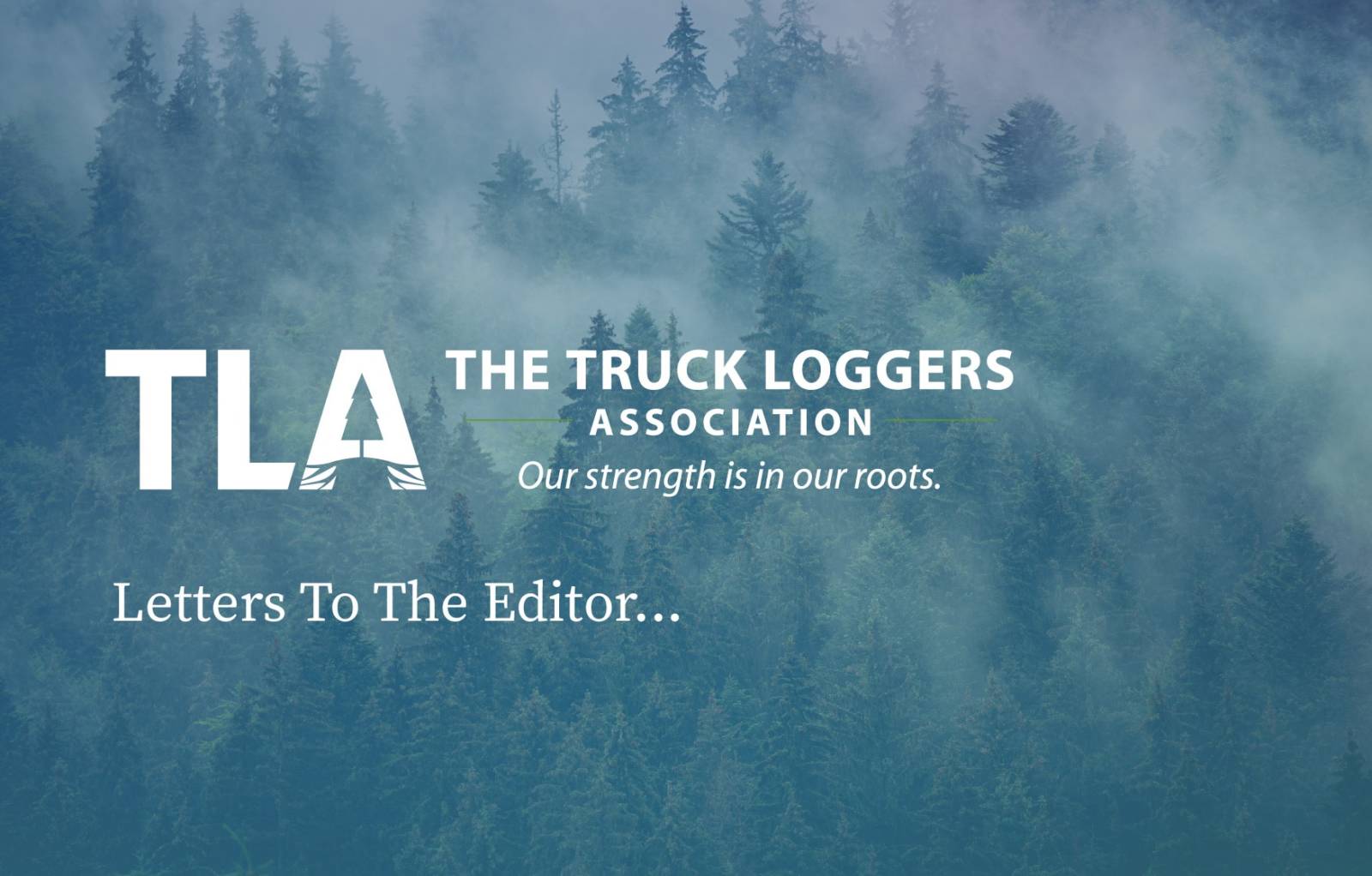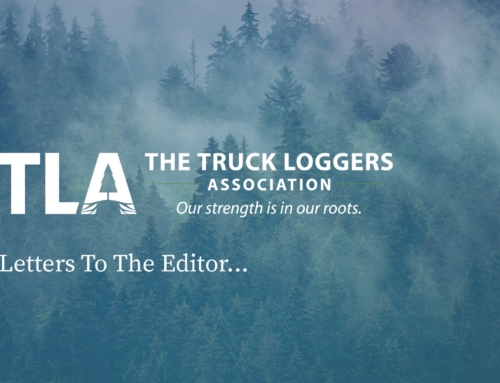2021 proved to be another year of uncertainty and anxiety for many British Columbians, as we experienced the ups and downs associated with the pandemic and catastrophic flooding events that significantly impacted many parts of the province. It was also a year marked by extreme wildfires and it’s important to acknowledge and thank workers and contractors who stepped up to help protect people and communities in the face of these extraordinary events.
During the year, the BC government took a positive step by amending the Timber Harvesting Contract and Subcontract Regulation. In doing so, they created transparency in contract negotiations and improved the dispute resolution process between forest tenure holders and the contractors they hire, including log harvesters, log haulers and road builders who have replaceable contracts.
Unfortunately, other government actions set in motion an unprecedented level of uncertainty and concern among the thousands of hard-working men and women in our sector.
A decision to defer 2.6 million hectares of old growth came without any meaningful consultation. It may surprise some to hear this, but we share the belief that critical at-risk old growth should be protected. We recognize that British Columbians are passionate about protecting at-risk old growth, but we also feel there were viable options to find a balance that most people in our province could support.
Government then proceeded to ram through legislation that contains sweeping changes to the forest sector, giving Cabinet the authority to change or end timber licences, determine what compensation may be paid to forest companies, and redistribute Crown logging rights to community and Indigenous land title holders.
For a number of months, we have called for a collective vision for forestry that would address society’s expectations of BC’s forest-management while ensuring the livelihood of workers and resource communities.
This government had an opportunity for meaningful collaboration among all key stakeholders, including First Nations, community groups, licensees, and non-government organizations – so decision-making would be informed with a true understanding of the issues and the consequences, to find a solution that works for everyone – but our voices are not being heard. And that’s a problem because government decisions will impact the livelihoods of as many as 18,000 men and women in our sector and will have a devastating impact on many communities, as mills shutter, and logging operations cease.
To make matters worse, those who face the prospect of losing their jobs have little information about training or support programs. Contractors want to work in an industry they have been trained in and created businesses in, but they too have yet to hear anything from government about what is next in terms of transition strategies or fair compensation.
While the time for real collaboration is well past due, as we enter 2022 there are still many options to potentially achieve success that work for all concerned and our sector will be challenging government to explore those. To not explore and work with those in forestry will inevitably lead to failed policies and consequential impacts to communities and people the government purports to support.
Bob Brash, RPF
Executive Director, Truck Loggers Association of BC








Get Social